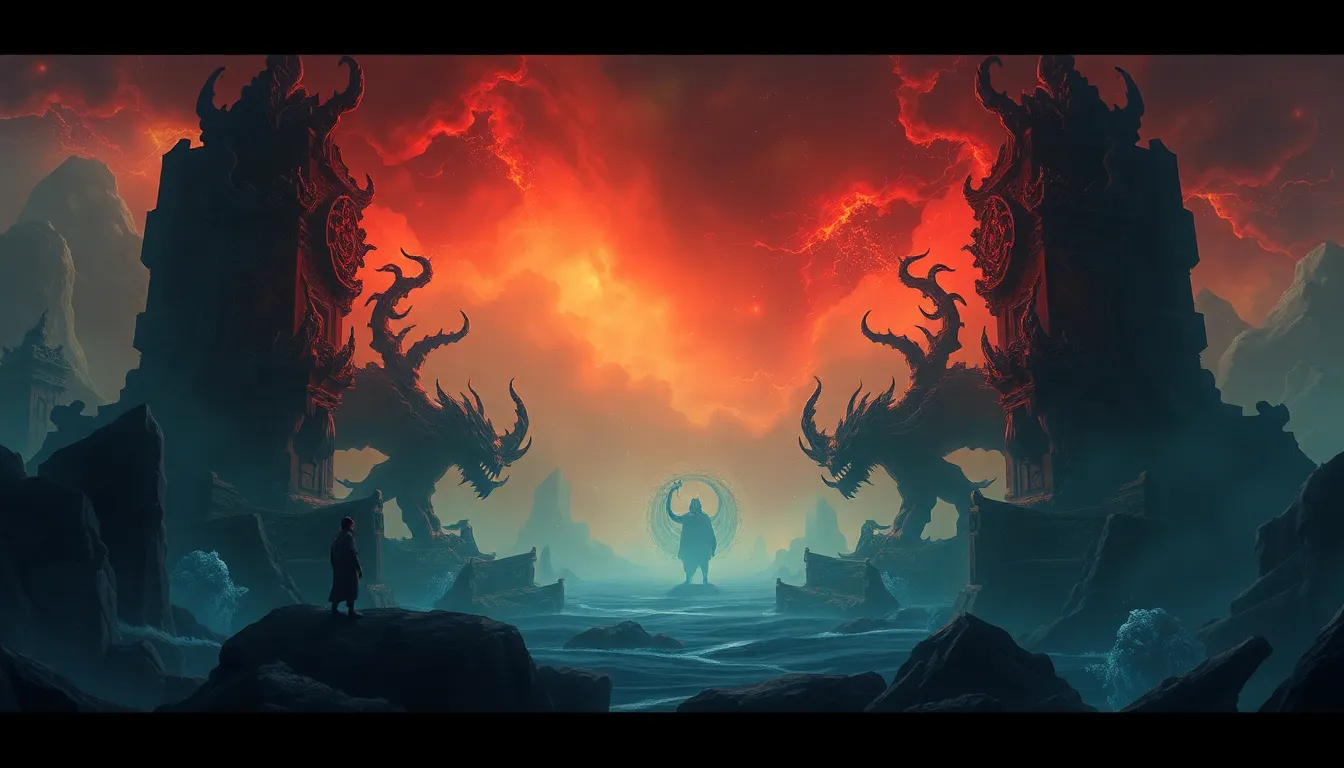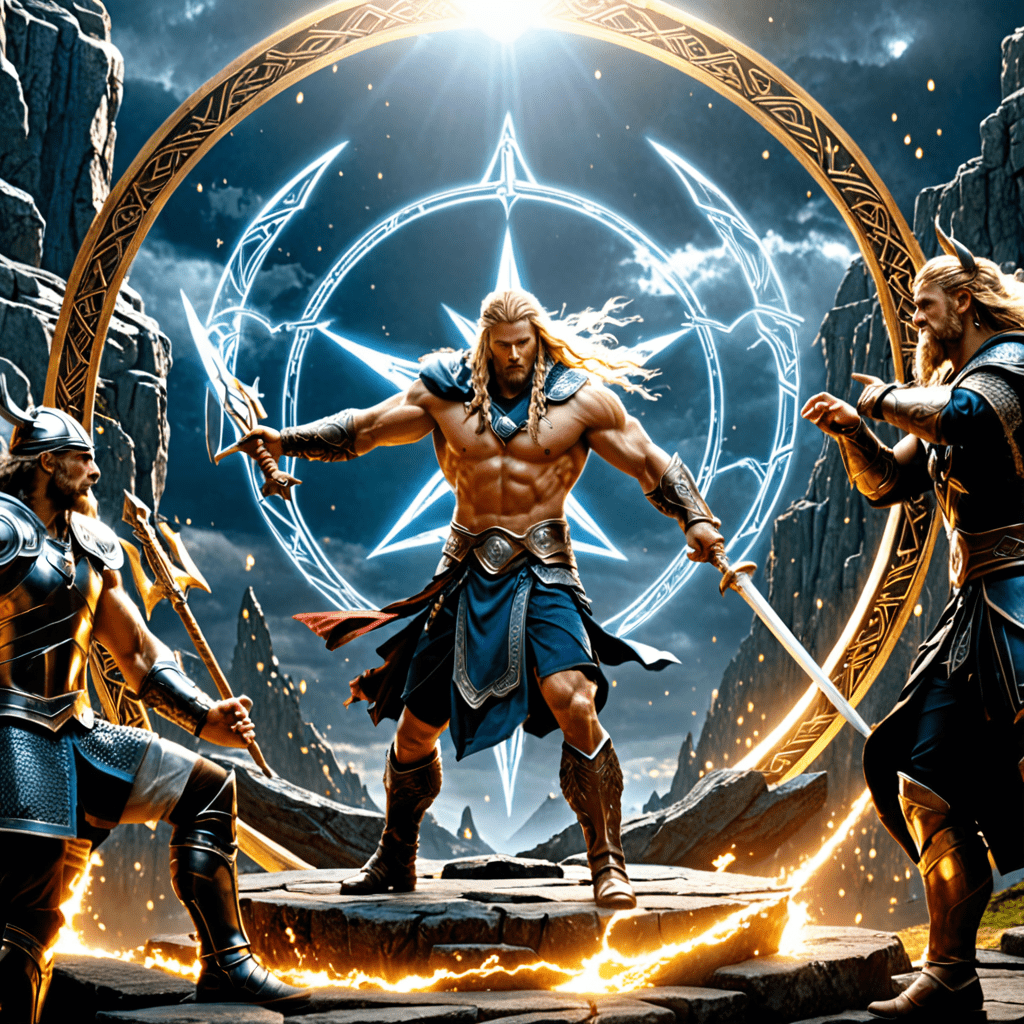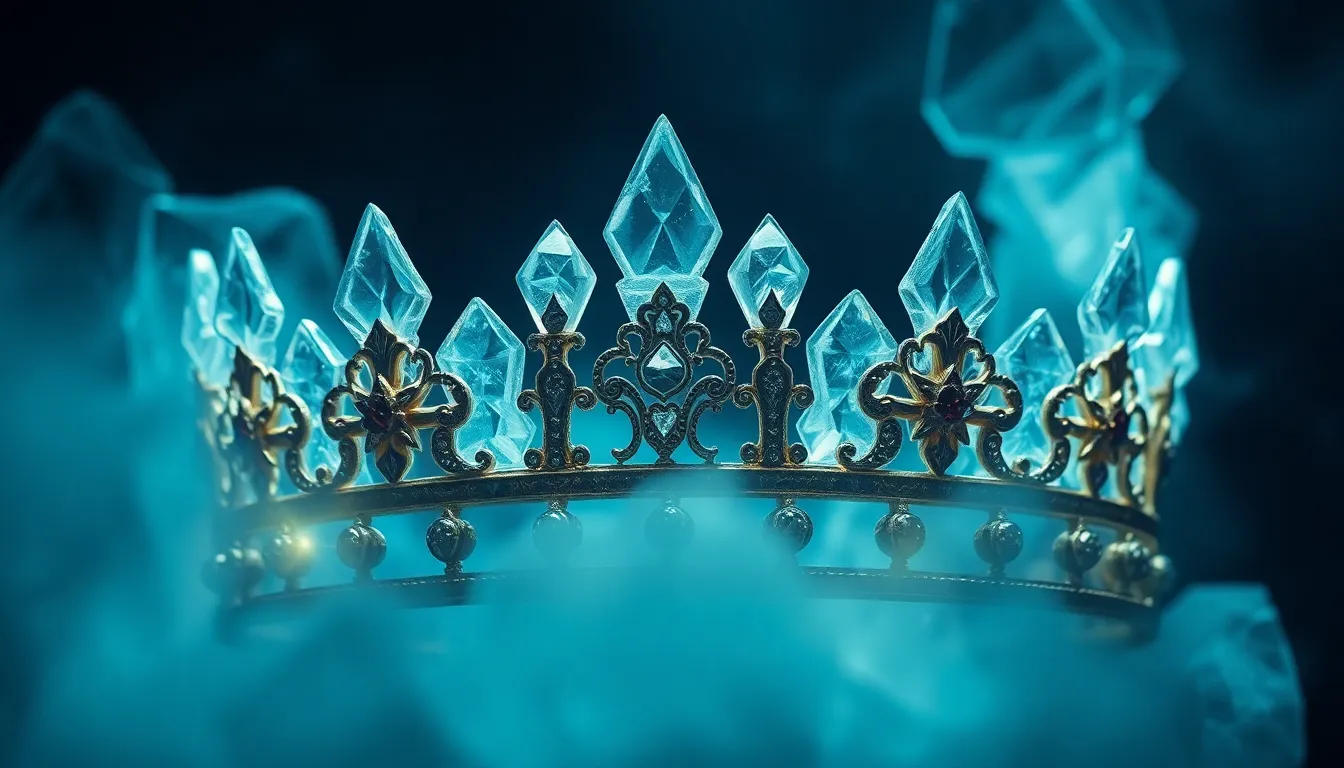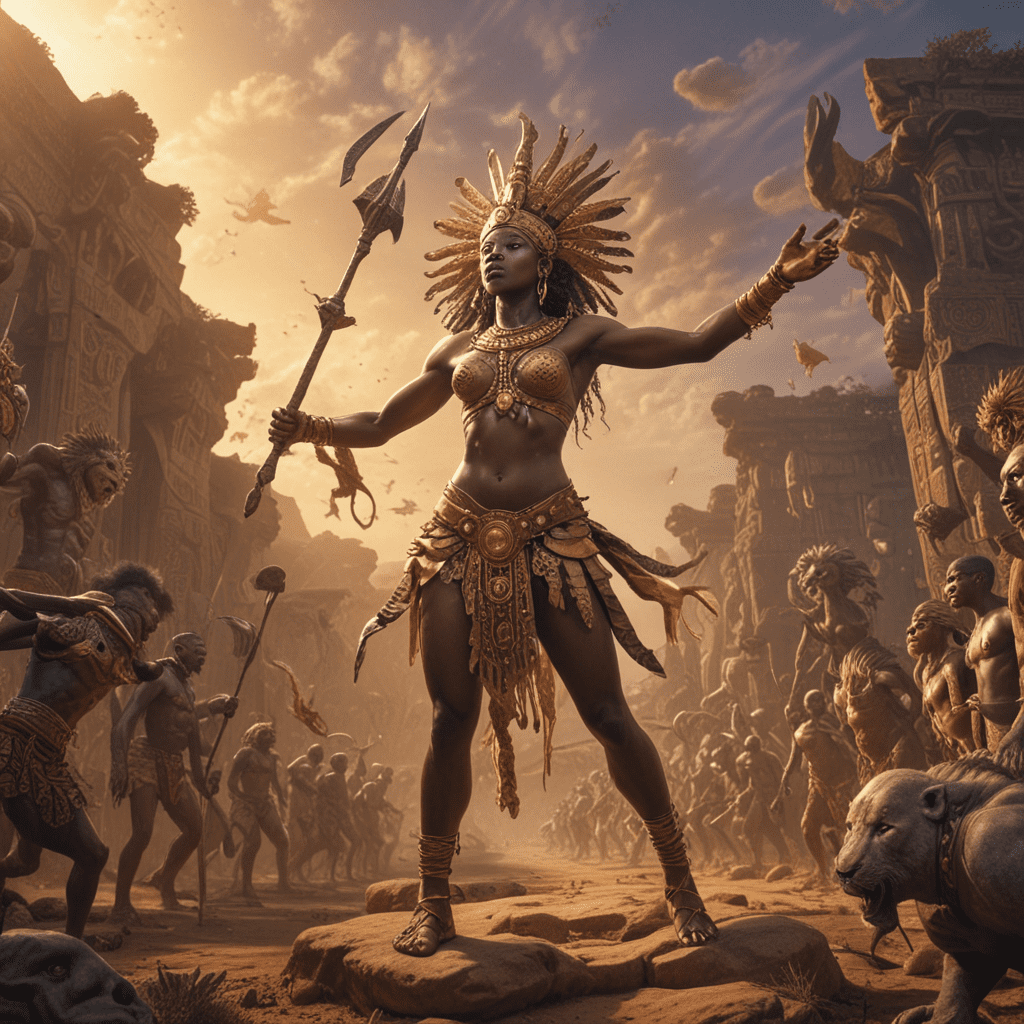Legends of the Underworld: The Myths That Shape Our Culture
Introduction to Underworld Myths
The term “underworld” in mythology refers to the realm of the dead, a place where souls go after death. This concept varies significantly across cultures, encompassing ideas of punishment, reward, and the afterlife. Underworld myths serve as a reflection of societal beliefs about life, death, and morality.
These legends are significant as they provide insight into human fears, hopes, and the understanding of existence beyond death. By exploring these myths, we can uncover the cultural narratives that shape our values and behaviors, revealing the universal themes that connect us across time and space.
The Underworld in Ancient Civilizations
Ancient civilizations crafted intricate narratives about the underworld that mirrored their beliefs and practices. Each culture had its unique interpretation of the afterlife.
- Mesopotamian Myths: The underworld, known as Kur, was viewed as a dark and dreary place where souls resided in a shadowy existence, emphasizing a grim view of death.
- The Egyptian Duat: The Duat was a complex realm where the deceased underwent a series of trials. The famous weighing of the heart against the feather of Ma’at symbolized the moral judgment of the soul.
- Greek Hades: Hades, ruled by the god of the same name, was both a place and a deity. It was seen as a divided realm, with Elysium for the virtuous and Tartarus for the wicked.
Underworld Legends in Eastern Mythologies
Eastern cultures also offer rich narratives surrounding their concepts of the afterlife and the underworld.
- Naraka: In Hinduism and Buddhism, Naraka is a hellish realm where souls are punished for their earthly deeds. This concept reflects the moral order of karma.
- Chinese Beliefs: The afterlife in Chinese culture is influenced by Confucianism, Taoism, and Buddhism. The netherworld is often depicted as a bureaucratic realm where souls face judgment.
- Shinto and Yomi: In Japanese mythology, Yomi is a dark underworld where the dead reside, emphasizing the separation between the living and the dead.
The Role of Deities in Underworld Myths
Deities associated with the underworld play crucial roles in their respective mythologies, often embodying the values and moral teachings of their cultures.
- Hades: The Greek god of the underworld, often misunderstood, represents the inevitability of death and the importance of honoring the dead.
- Osiris: In Egyptian mythology, Osiris symbolizes resurrection and the cycle of life and death, showcasing the belief in an afterlife.
- Yama: In Hindu and Buddhist traditions, Yama is the god of death who judges the souls, reinforcing the concept of moral accountability.
These deities influence ethical teachings, guiding followers on the consequences of their actions in life and the afterlife.
The Journey to the Underworld: Common Themes
The hero’s journey motif is prevalent in underworld stories, illustrating the trials faced by characters as they venture into the realm of the dead.
- Trials and Tribulations: Heroes often undergo significant challenges, symbolizing personal growth and transformation.
- Symbolism of Death and Rebirth: Many narratives highlight themes of death leading to rebirth, emphasizing the cyclical nature of life.
These common themes resonate deeply with human experiences, reflecting our struggles and aspirations.
Cultural Reflections and Artistic Representations
Underworld myths have profoundly influenced art, literature, and film, shaping cultural narratives and societal beliefs.
- Dante’s “Inferno”: A vivid depiction of the Christian afterlife, illustrating moral consequences through allegorical journeys.
- Virgil’s “Aeneid”: This epic poem explores the Roman view of the afterlife and the heroic journey to the underworld.
- Modern Adaptations: Contemporary films and literature continue to draw from these ancient tales, reinterpreting them for new audiences.
These artistic representations not only entertain but also provoke thought about mortality, ethics, and the human condition.
Underworld Myths and Moral Lessons
The moral implications of underworld stories are significant, offering lessons on life, death, and human behavior.
- Life Lessons: Many myths emphasize the importance of living ethically, as actions in life directly impact the afterlife.
- Human Behavior: Stories often illustrate consequences, urging individuals to reflect on their choices and values.
These legends have shaped societal norms, influencing how cultures perceive justice, morality, and the afterlife.
The Evolution of Underworld Myths in Contemporary Society
Modern interpretations of ancient myths reveal the ongoing relevance of underworld legends in today’s cultural landscape.
- Modern Adaptations: Many contemporary works reinterpret ancient myths, allowing for fresh perspectives on traditional themes.
- Relevance Today: The concepts of life, death, and morality explored in these myths continue to resonate with contemporary audiences.
- Technology and Media: The proliferation of digital media has transformed how these stories are told and understood, making them more accessible.
Comparative Analysis of Underworld Myths
A comparative analysis of underworld myths reveals both similarities and differences among various cultural perspectives.
- Similarities: Common themes such as judgment, the hero’s journey, and moral accountability appear across cultures.
- Differences: Unique interpretations of the afterlife and the nature of deities highlight cultural variances.
The psychological and sociological implications of these myths provide a deeper understanding of human existence and its mysteries.
Conclusion: The Enduring Legacy of Underworld Myths
Underworld myths continue to shape our cultural narratives, offering profound insights into the human experience. As we explore these legends, we uncover the timeless themes of morality, justice, and the quest for understanding life and death. The enduring legacy of these myths reminds us of our shared humanity and the universal questions that connect us across cultures and generations.



